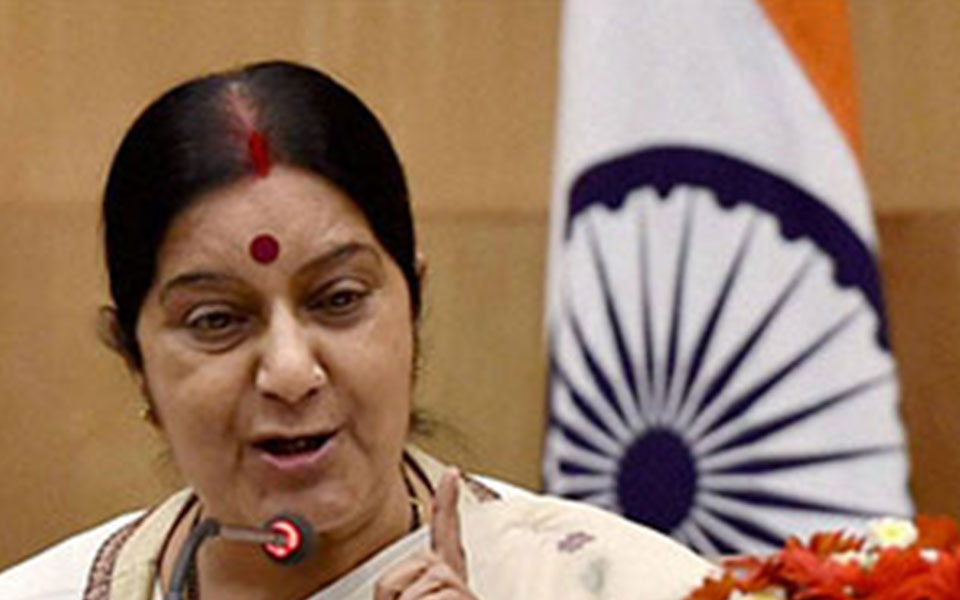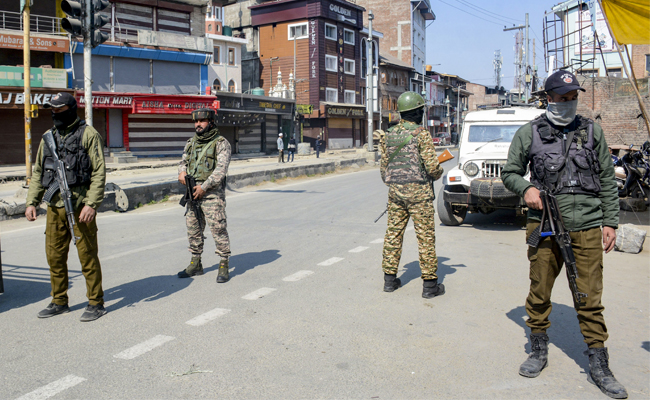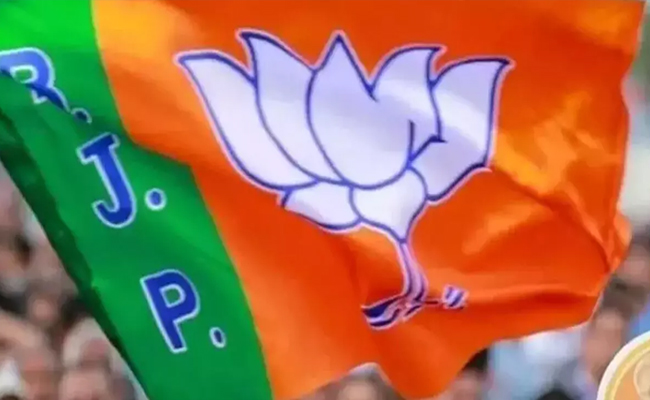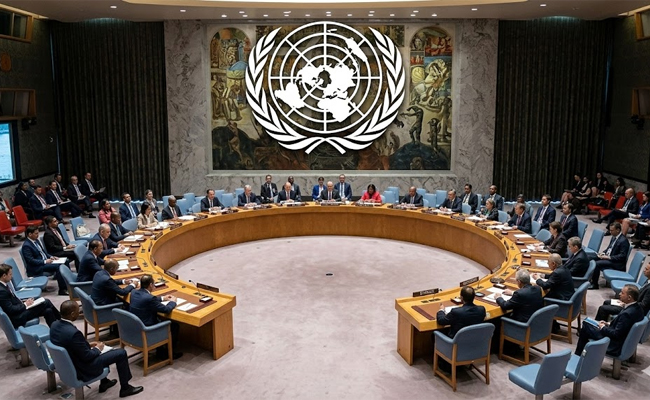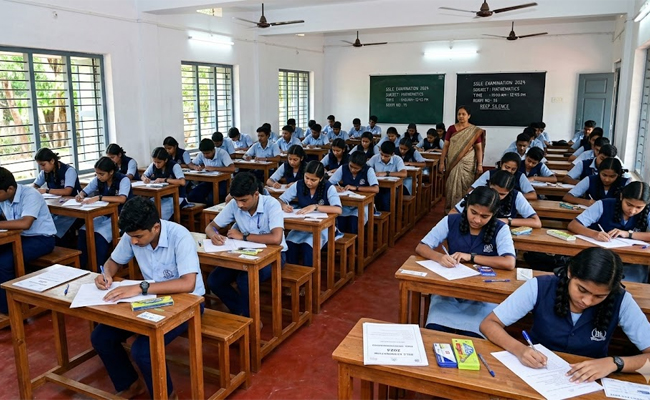New Delhi, June 7: External Affairs Minister Sushma Swaraj will meet sometime next week the families of the six Indians abducted in Afghanistan last month, an official said on Thursday.
At a media briefing here, External Affairs Ministry spokesperson Raveesh Kumar said Sushma Swaraj, currently in South Africa, had offered to meet them sometime next week.
"I am sure when she comes back, she would like to meet them and we are working out a date and a time for that," Kumar said.
Militants abducted seven people, including six Indians, on May 6 in Afghanistan's Baghlan province. The kidnapping took place in Bagh-e-Shamal village.
According to local officials, the incident occurred while the employees were travelling to the area where the company has a contract for an electricity sub-station.
Baghlan Governor Abdulhai Nemati said the Taliban had done the kidnapping and moved the group to the Dand-e-Shahabuddin area of Pul-e-Khumri city.
According to Kumar, the government was giving top priority to this problem. "We are in touch with the Afghan side, we are in touch with other stakeholders.
"Since it is matter of great sensitivity and lives are involved, so I would not like to get into two many details in this matter."
Kidnapping of locals for extortion is common in Afghanistan. Most of those abducted have been Afghans but foreign workers have also become targets.
In 2016, Indian aid worker Judith D'Souza was kidnapped in Kabul. She was released after 40 days.
Let the Truth be known. If you read VB and like VB, please be a VB Supporter and Help us deliver the Truth to one and all.
Srinagar (PTI): Normal life in Kashmir was affected for the fifth consecutive day as partial restrictions on movement of people remained in force as a precautionary measure.
The restrictions were imposed on Monday after spontaneous protests broke out across Kashmir a day earlier against the killing of Iran's supreme leader Ayatollah Ali Khamenei in US-Israel joint strikes.
Chief minister Omar Abdullah on Wednesday held a meeting with civil society representatives and religious leaders as part of efforts to bring the situation back to normalcy.
ALSO READ: Protests against Khamenei's killing: Curbs remain in force in Kashmir
After the meeting, Abdullah appealed to people to maintain peace while expressing grief and anger in "mosques, shrines and Imambaras".
The government has shut educational institutions till Saturday, and reduced mobile internet speeds.
"Restrictions on the movement and assembly of the people continued in many parts of Kashmir on Thursday," the officials said.
A large number of police and paramilitary CRPF personnel were deployed across the city to prevent gatherings of protestors, the officials said.
They added that concertina wires and barricades were placed at important intersections leading into the city, while asserting that these were precautionary measures imposed to maintain law and order.
The iconic Ghanta Ghar in the city centre of Lal Chowk here continued to remain a no-go zone after the authorities sealed area with barricades erected all around it on late Sunday night.
The move to seal the Ghanta Ghar came after it witnessed massive protests on Sunday after Khamenei's assassination in the joint air strikes by the US and Israel.
This is the first time since August 2019 -- when Article 370 was revoked -- that protests on such a large scale have taken place in Kashmir.

